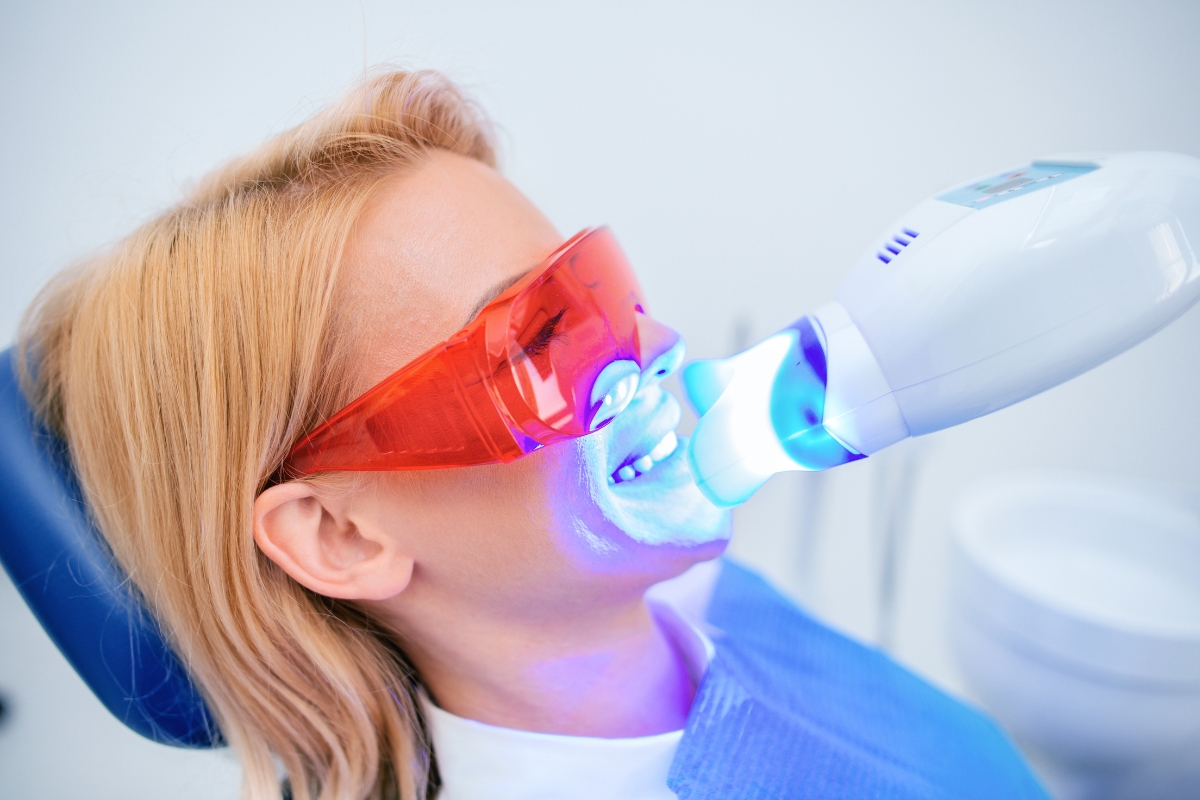4221 Vista Road, Pasadena, TX 77504
Is Mouthwash Necessary? Pros, Cons & Best Types for Your Teeth

Is Mouthwash Necessary? Pros, Cons & Best Types for Your Teeth
Mouthwash is sometimes viewed as a quick fix to fresh breath, but it has more benefits than that. Some people question whether it is a mandatory component of oral hygiene or simply an extra add-on.
Although brushing and flossing are absolute musts, mouthwash can give extra protection against cavities, gum disease, and bacterial accumulation. However, selecting the right kind is important, as some mouthwashes are better than others. This blog discusses the advantages of mouthwash, its possible disadvantages, and the top choices to ensure a healthy smile.
What Does Mouthwash Do?
Mouthwash isn’t just a breath freshener—it plays a role in overall oral hygiene by:
- Eliminating bacteria – Antiseptic ingredients in some mouthwashes help to eliminate dangerous bacteria.
- Decreasing plaque and gingivitis – Other formulations are used to stop plaque buildup and inflammation.
- Making enamel stronger – Fluoride mouthwashes assist with remineralizing teeth and preventing cavities.
- Wetting the mouth – Alcohol-free types can soothe dry mouth by stimulating saliva flow.
- Offering post-dental care assistance – Dentists can prescribe certain mouthwashes following treatments such as extractions or deep cleanings.
What Are the Pros of Using Mouthwash?
Improves Your Oral Hygiene
Mouthwash can reach places that a toothbrush and floss may not, removing remaining food particles and bacteria. It complements daily oral hygiene by preventing plaque and reducing the chances of gum disease.
Make Your Teeth & Prevents Cavities
Fluoride mouthwashes strengthen tooth enamel, making your teeth less susceptible to decay. Daily use can be particularly beneficial for people who get cavities.
Freshen Your Breath
Halitosis, or bad breath, is usually caused by bacteria in the mouth. Antibacterial mouthwashes kill odor-causing bacteria, offering longer-lasting freshness than chewing gum or mints.
Soothes Your Irritated Gums
A soothing, alcohol-free mouthwash with aloe vera or essential oils may relieve your mild gum inflammation or irritation. Some products also assist in reducing bleeding gums due to gingivitis.
Aids in Post-Surgical Care
Some mouthwashes, especially those with chlorhexidine, are prescribed after dental procedures or deep cleaning to enhance healing and avoid infection.
What Can be the Cons of Using Mouthwash?
Mouthwash Is Not a Replacement for Brushing & Flossing
Mouthwash can augment oral hygiene but will not eliminate plaque and food particles as efficiently as brushing and flossing. It should never be substituted for these procedures but rather always used as a complement.
Alcohol-Based Formulas Can Cause Dryness
Certain mouthwashes are alcohol-based and may dry the mouth and feel irritating, particularly if you have sensitive gums or dry mouth conditions. Using an alcohol-free variety helps to keep your mouth moist.
Potential for Sensitivity or Irritation
Some ingredients, such as harsh antiseptics or whiteners, can burn or irritate briefly, especially in individuals with tender gums or oral tissue. In that case, switching to a less harsh formula can solve the problem.
Best Types of Mouthwash for Your Needs
Selecting the best mouthwash depends on your oral health needs. Here’s a division of the best types:
- For Cavity Prevention – Mouthwashes containing fluoride fortify enamel and lower decay risk. Good for people with a history of cavities.
- For Gum Health, Antiseptic mouthwashes containing essential oils or chlorhexidine combat gingivitis and lower plaque. A Pasadena dentist usually prescribes them for patients with incipient gum disease.
- For Bad Breath – Antibacterial or oxygenating mouthwashes kill odor-causing bacteria for longer freshness. Check for ingredients such as chlorine dioxide or zinc compounds.
- For Sensitive Teeth – Mouthwashes containing potassium nitrate or fluoride give relief from tooth sensitivity and make enamel stronger.
- For Dry Mouth – Alcohol-free, hydrating mouthwashes containing xylitol or aloe vera help keep saliva flowing and prevent irritation.
Though mouthwash isn’t strictly necessary in oral hygiene, it is an added benefit when used appropriately. From the battle against bacteria to fortifying enamel, the appropriate mouthwash can improve your dental regimen.
Nevertheless, never substitute brushing, flossing, and periodic dental exams with mouthwash. Picking the optimal variety according to your needs allows you to make the most of your oral health regimen. For personal suggestions, ask your dentist and choose a mouthwash that favors your healthiest smile.



